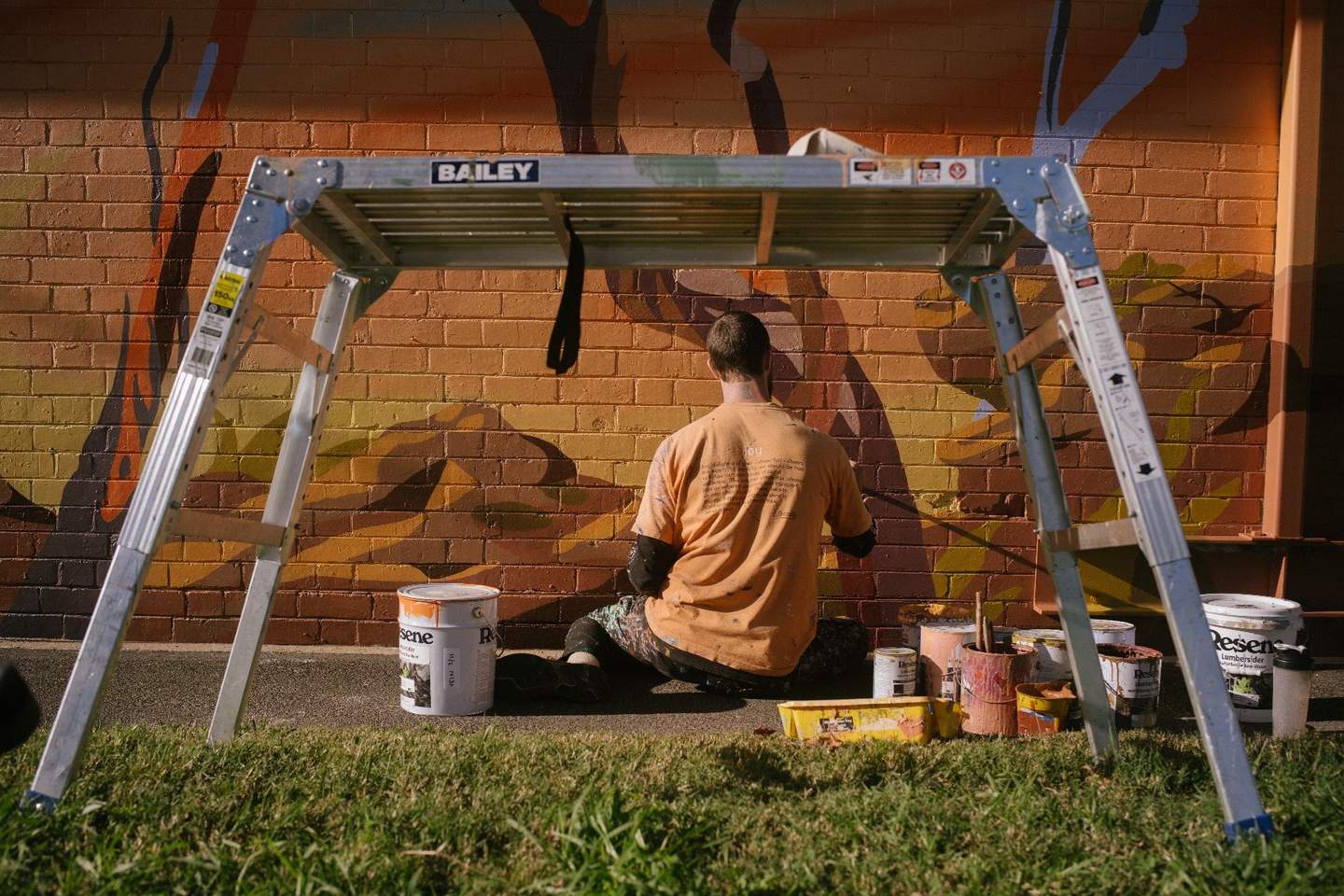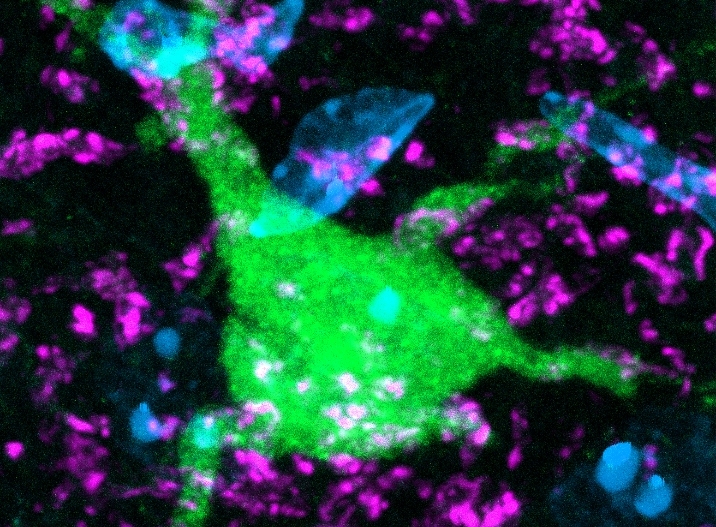Researchers from the Rural Clinical School at The University of Queensland have designed a suicide prevention strategy to help reduce the alarming suicide rate among Indigenous Australians in remote and rural communities.
Almost 95 per cent of Indigenous Australians have been impacted by rates of suicide that are more than twice those of the broader community. Importantly, suicide is the leading cause of death among 5 to 17-year-old Indigenous children.
Despite these alarming statistics there are currently no effective suicide intervention-training models specifically designed for Indigenous people.
Dr Bushra Nasir, a Research Fellow at the Rural Clinical School, Faculty of Medicine, The University of Queensland, said frontline education and intervention training is one of the most effective suicide prevention strategies available.
“Using a co-design framework, we developed the Indigenous Network Suicide Intervention Skills Training (INSIST) program to enable Indigenous communities to keep each other safe by increasing the knowledge, awareness and sense of connectedness between at risk groups and health services or support groups,” Dr Nasir said. “This was developed over three years in close collaboration with community members, service providers, education experts and mentors, as well as drawing on existing models and previous research.
“The co-design approach of the training led to successful uptake, and provided strong evidence on value and sustainability. The resulting program focuses on cultural importance and empowerment for Indigenous communities. The program includes a mobile app to provide training refreshers, support resources, and intervention guides, provides further utility of the training package and its long-term sustainability. And the training provides participants with the necessary skills and knowledge to apply a suicide intervention model.”
Dr Nasir will present the findings of the INSIST team as part of the 15th National Rural Health Conference in Hobart 24-27 March, which features some 50 speakers addressing a broad range of rural health issues over three days.








